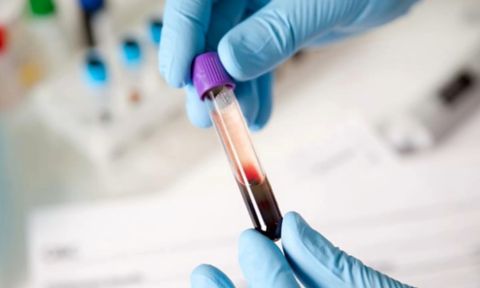Professor Dinesh Kumar, Professor, School of Engineering
Topics: Elon Musk, Neuralink, brain-computer interface, neural tissues, medical advancement
“Although it is creating a step in the right direction for brain-computer interface (BCI) advancement, Neuralink is making promises that are simply misleading.
“In terms of technology, Neuralink has gone further than others. The biggest selling point for them is their medical procedure, essentially having a CED scan and robotic surgery built into one.
"It has also developed a very accurate electrode placement system that won’t compromise blood flow while injecting 1,000 electrodes into the brain.
“The medical procedure requires extensive surgery with a small part of the skull being cut open and the electronic chip being placed inside. But there are several problems with this.
“Firstly, infection. Although any surgery has a risk of infection, this is especially worrisome as it is cutting the skull open.
“But the biggest problem is that the brain has a natural tendency to shut down neurons after there is a change in its structure.
“The surgery would cause trauma and change the brain’s neurons’ behaviours and positions.
“Furthermore, there are a lot of extreme risks such as scarring of the neural tissues or interfering with the sensory and motor pathways.
“There are too many unknowns, and it is very likely than not something will change inside the brain of the user.
“Certainly, a great development but based on decades of work already done. Researchers in other parts of the globe have been working on such technology for decades.
“Elon Musk is so confident in the devices’ safety that he would be willing to implant it in his own children. He envisions both disabled and healthy individuals getting these surgical implants.
“Additionally, Musk mentioned the device could solve a range of conditions such as obesity, depression and schizophrenia. Even going as far as saying it can enable web browsing and telepathy.
“But it is worth noting that Neuralink is FDA-approved for a clinical trial of the device, not for commercial use. Which is very different.
“The surgery should only be operated for extreme cases such as individuals who has motor neuron diseases or full paralysis. Not healthy ones.
“Elon Musk knows how to sell things, and this might be his way to gain further funding. By selling his big vision.
“I have a suspicion that these clinical trials will only be able to record data that will eventually lead to a commercial product in a few decades.
“As a scientist, it is a welcome move. But it is simply over-hyped. Neuralink paints itself as the final solution while it still has a long way to go before it can materialise Elon Musk’s promises.”
Professor Dinesh Kumar is a biomedical signals expert in the School of Engineering at RMIT University, Melbourne. His research focuses on biomedical engineering, bio-signal processing and intelligent systems. He has gained international media coverage for his work.
***
General media enquiries: RMIT Communications, 0439 704 077 or news@rmit.edu.au



